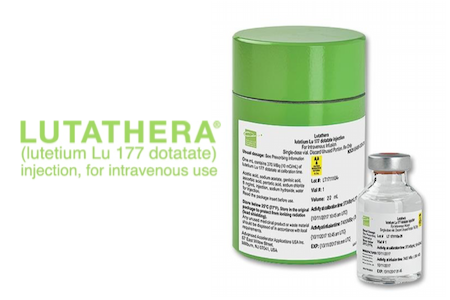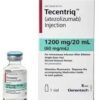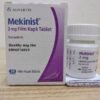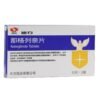April 23, 2024 (Basel) Novartis announced that the U.S. Food and Drug Administration (FDA) approved Lutathera® (USAN: Lutetium Lu 177 dotatate / INN: Lutetium (177Lu) oxodotreotide) for the treatment of pediatric patients 12 years and older Somatostatin receptor-positive (SSTR+) gastroenteropancreatic neuroendocrine tumors (GEP-NETs), including foregut, midgut, and hindgut NETs.
This approval makes Lutathera the first therapy specifically reviewed and approved for use in pediatric patients with GEP-NET.
The approval was based on the NETTER-P trial, which evaluated Lutathera 7 in patients aged 12 to younger than 18 years with SSTR+ GEP-NET. The safety profile reported in the study was consistent with the adult population studied in NETTER-1, the pivotal trial that approved Lutathera for use in adults. Furthermore, the estimated radiation absorbed doses in pediatric patients are within established organ thresholds for external exposure radiation and are comparable to approved doses for adults.
Lutathera® (Lutetium Lu 177 dotatate) Lutetium 177-targeted radioligand therapy (RLT) is approved in the United States for the treatment of somatostatin receptor-positive (SSTR+) GEP-NET in adults and children aged 12 years and older Indications for GEP-NET include the foregut, midgut, and hindgut in children 2 years of age and older, including the populations studied in the randomized controlled phase III trials NETTER-1 and NETTER-2. Lutathera is also approved in Europe for the treatment of unresectable or metastatic, progressive, well-differentiated (G1 and G2), SSTR-positive GEP-NET in adults, and in Japan for the treatment of SSTR-positive NET.
Neuroendocrine tumors (gastroenteropancreatic neuroendocrine tumors, GEP-NET) are cancers that originate from neuroendocrine cells throughout the body and are generally considered slow-growing malignant tumors. Diagnosis of NET is often delayed due to the inactive nature of the disease, and approximately 10% to 20% of pediatric patients are diagnosed with metastatic disease. Although NET is a rare disease, its incidence has increased over the past few decades.















Leave a reply